Ludovica Bastianini was born in 1986 in Naples. She graduated in History of Art in Naples and then studied photography and visual arts in Barcelona, at the Idep Institute and in Milano, at the NABA, Academy of Arts.
In 2017 she has been selected for “Circulations - Festival de la jeune photographie européenne", exhibited at the Centquatre in Paris. She has also been shortlisted at the Grand Prix Images Vevey, at the Life Framer contest, and won the 3rd prize at Premio Tabò, presented at the Festival Fotoleggendo in Rome.
Her project “In your place”, about child marriage in the world, has been exhibited and projected in many European Festivals: Les Rencontres d’Arles - Voies Off, Fotoleggendo, Belfast Photo Festival, Festival Internazionale di FotoGrafia Roma, Encontros da Imagem, Format, Fotografia Europea, Fotofestiwal Lódz, among others.
Her research focuses on manipulation of images and how this practice can change our comprehension of reality.
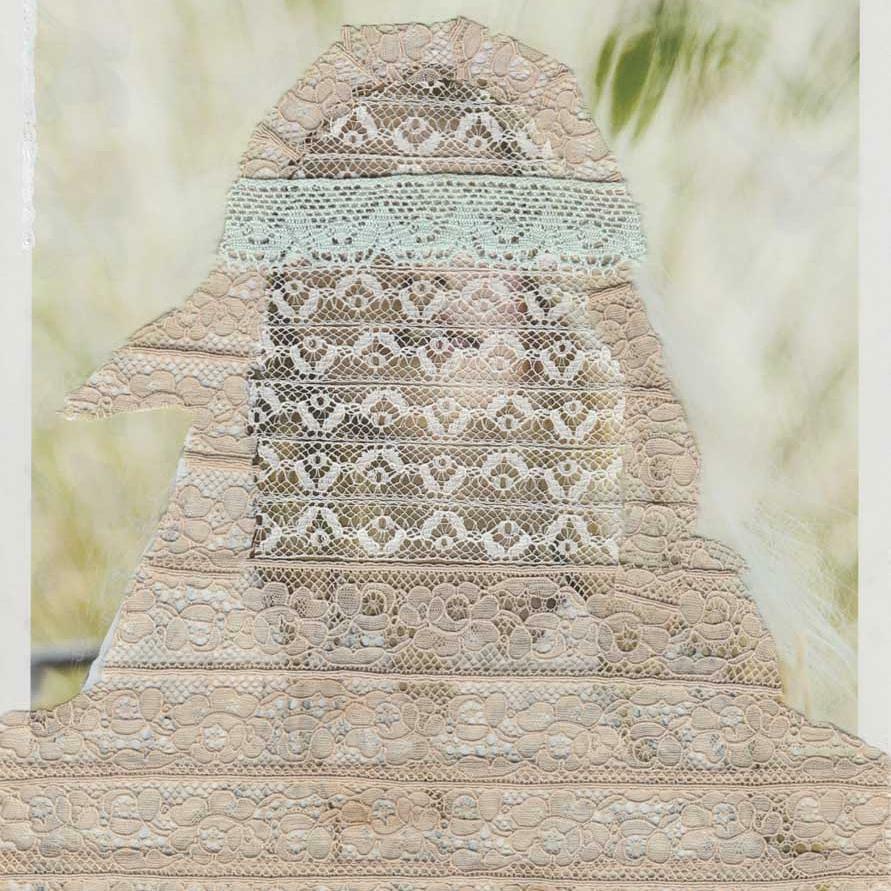
What are the rules of your photographic work?
I have no rules but I can see a line in how my works were born: I usually think and study a lot before creating, I analyze any technical possibility and projects from other authors about the same topic or idea. Then I get overwhelmed and stuck in procrastination until, one day, I just wake up and do it without no more thinking about it.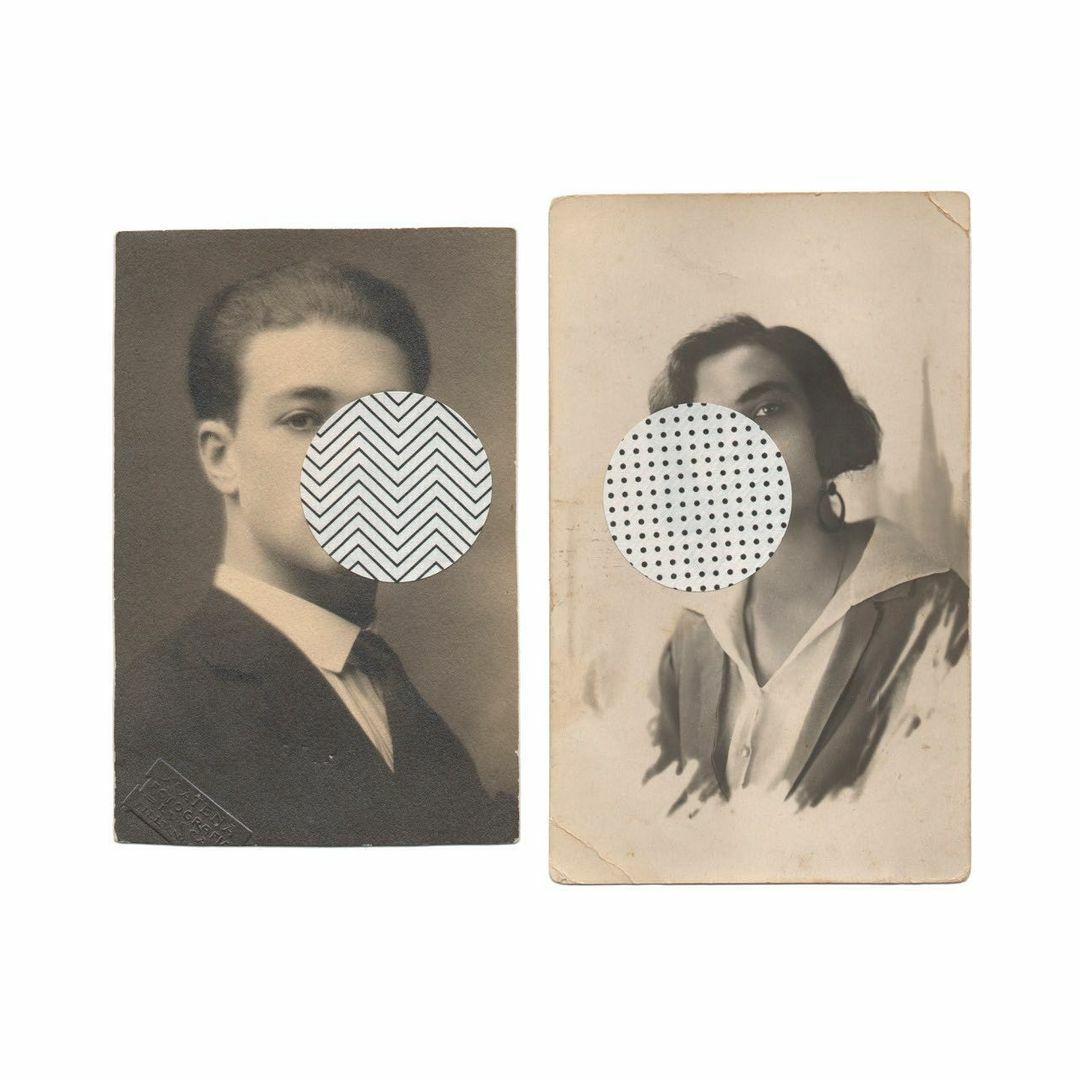 Tell us about an experience that definitely changed the way you work and made you grow.
Tell us about an experience that definitely changed the way you work and made you grow.
The moments in which I grew up are paradoxically those in which I completely gave up the intention to create something artistically valid. In those moments I felt completely free to explore and free from preconceptions, as well as from all the years of study that can, sometimes, press me with an excess of creative stimulation. When I created In your place, my most known project, I was just experimenting, I had even a sort of post-Academy depression and I didn’t mean to exhibit that work anywhere. A young curator saw the first pieces, sent their photos to Photography Festivals and I was very surprised by the warm welcome my work received. I discovered with this project, for the first time, appropriation art and collage.
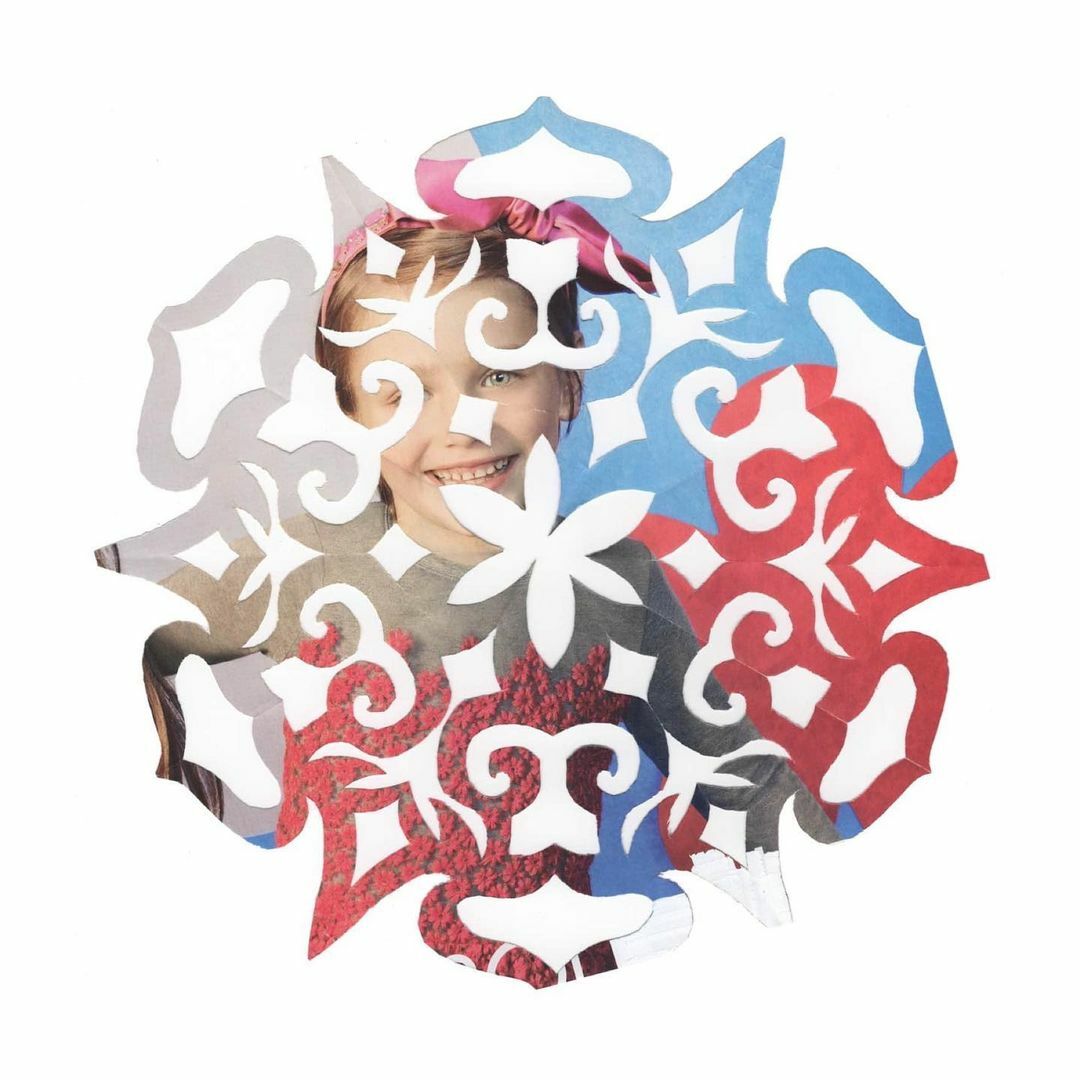
When you photograph with your camera do you notice the same things you notice with your eyes or do your eyes capture what the camera doesn't allow you to look at?
I think of the camera as a medium like any other, absolutely inadequate to capture the totality of emotions and experiences we live. This is the reason why I use, more and more often, other media alongside photography and other artistic practices. Photography remains for me the starting point.
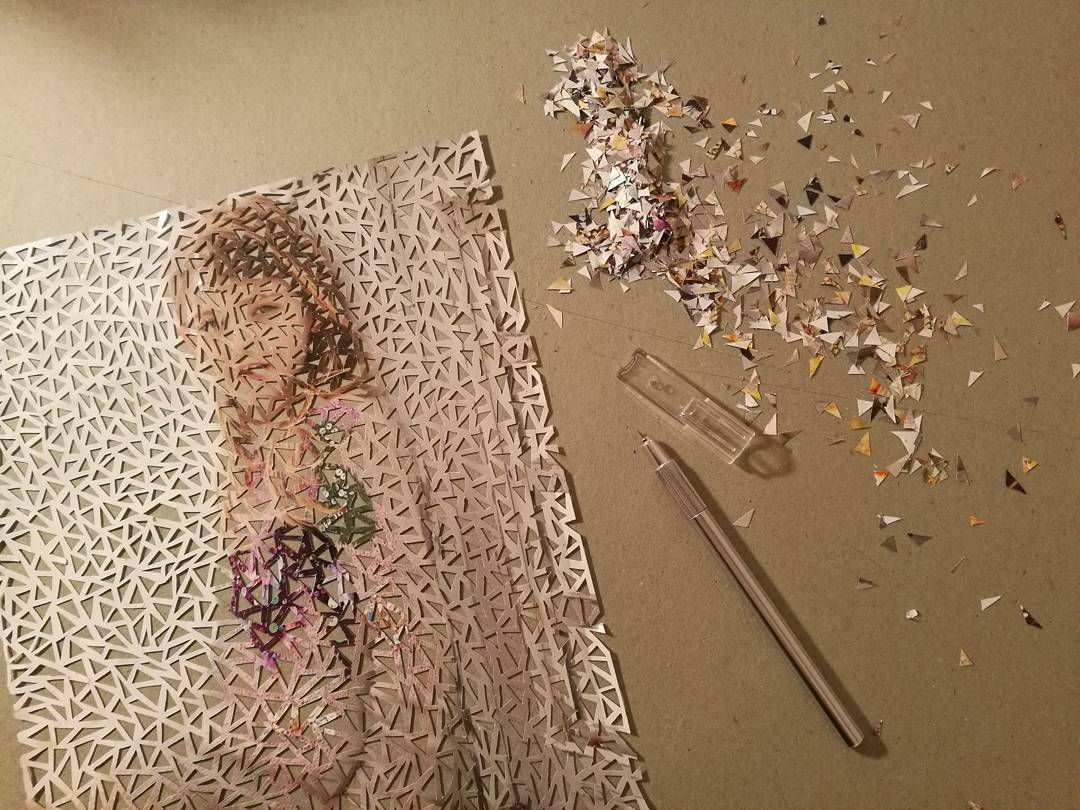
If you were to create an open call, a contest, what kind of theme would you give? What would you like to look at and why?
At the moment I would like to investigate psychology issues and the collective memory, perhaps through dream representations. I am reading Jung and I am more and more fascinated by the unconscious world.
Tell us about your equipment, what kind of cameras do you shoot with what tools do you use and prefer?
I used for years the classic reflex cameras, Pentax and Canon. I am now fully in love with the Fuji mirrorless system. I have only 3 lenses: 16, 35, and 50 mm. I use a Zyhun Crane for videos and Lastolite studio flashlights.
What do you think is highly conflicting with the concept of photography?
I guess the most conflicting aspect of photography is that its images are, in my opinion, realistic but look like reality. This is not immediately decipherable and can be easily misleading. Photography can be manipulated and can manipulate, it’s very powerful in guiding public opinions and can be decisive even to support a political power. In my Erasing Exercises project, I explore a lot this subtle line between truth and verisimilitude, as well as the difficulty audience, have in finding a way around the news from the world. The project is, in fact, an “erasing” practice, where I used very simple analogue tools to change photographs, texts and transformed them into a new language, indistinguishable from the previous one.
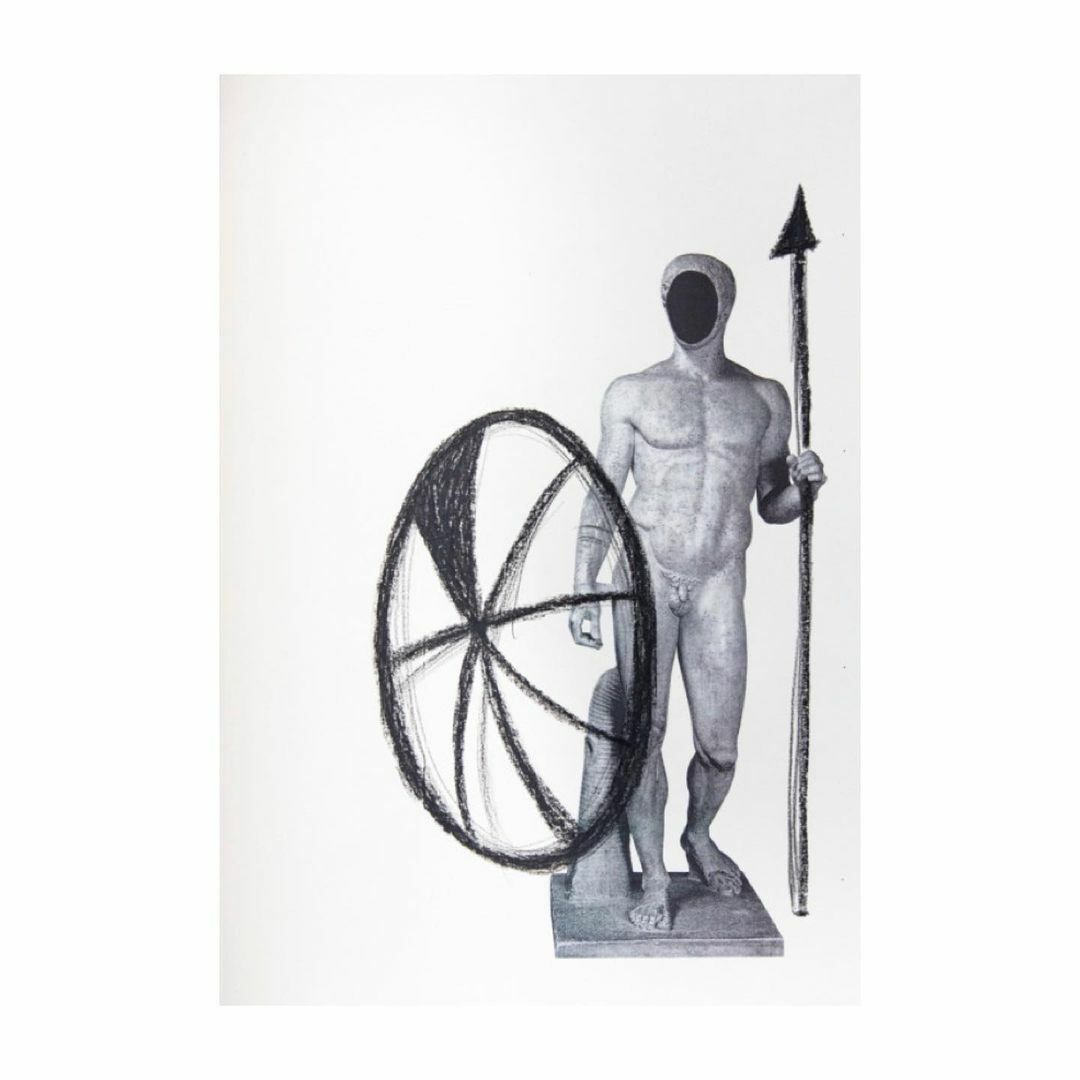
Are there any books you would recommend?
Yes, I would first recommend two amazing contemporary photography book projects:
- The Island of the Colorblind by Photojournalist Sanne De Wilde
- The Iceberg by Giorgio Di Noto, a very powerful body of work
Then some of my favorite theory books:
Gilles Deleuze - Logic of sensation
Louise Bourgeois – Destruction of the Father Reconstruction of the Father
Luigi Ghirri – Lessons in Photography
Tell us about your creative process and if there are any particular techniques you use during your work. (If you have any photos of this, please send them as an attachment).
I use everything I can in my practice. I studied childhood illustration, animation, photography, painting, I’ve always been drawing. In some of my works I learned and used sewing techniques. My process is probably to explore what’s most interesting and suitable to each body of work and why. “In your place” is about little girls and women’s education, so I wanted to use a technique usually linked to women's arts. “Erasing Exercises” is all about erasing techniques. “My Generation” is about precarious young workers in Italy, who are treated like children by Institutions and can't really find an adult position in society. That's why I used Uniposca Markers on photos, simulating an eternal teenage condition and a school diary practice.
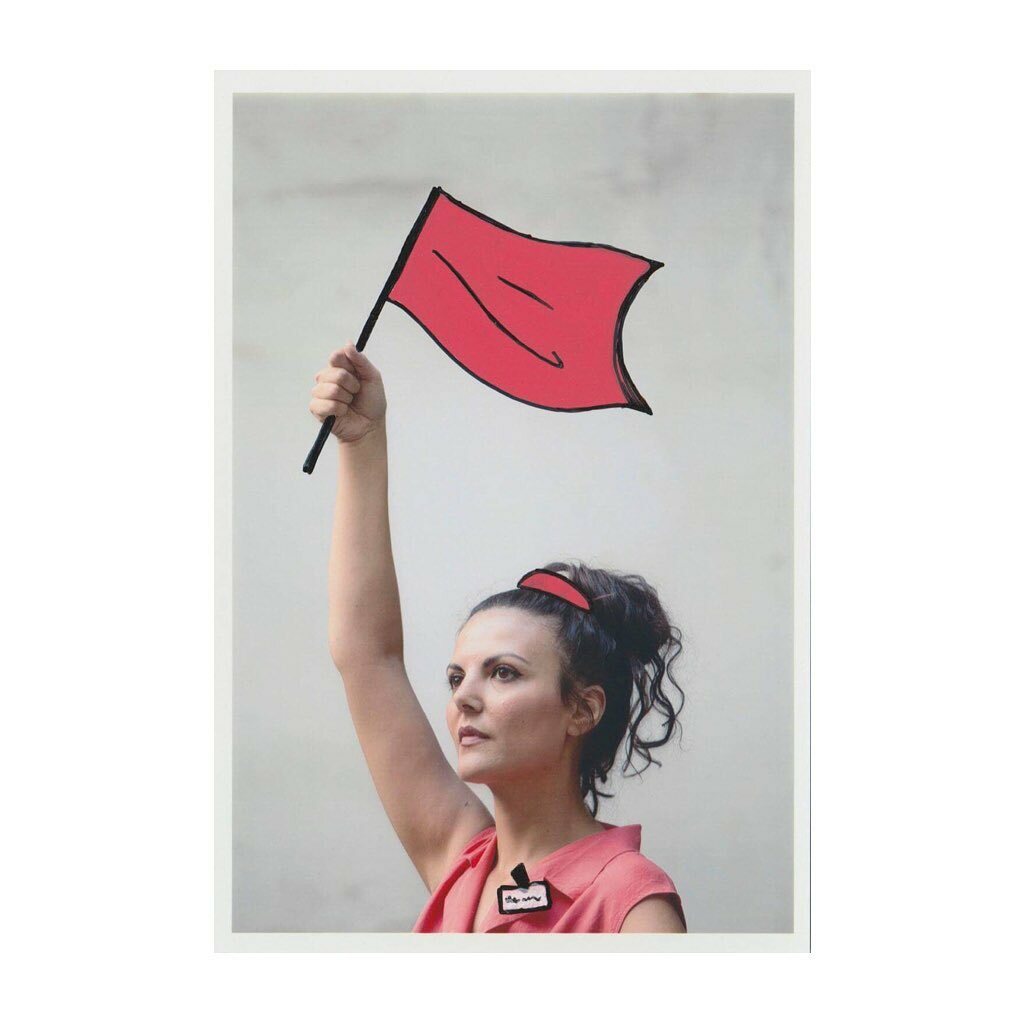
What do you do with the discarded photos?
(Donate your discarded photos for our preservation archive and future paper projects).
I keep them in a box, I work on them after years. I consider them more like single pieces with no project behind.
I also created a tier on Patreon to support me by buying small single pieces. And, yes, I’m glad to donate.

Do you follow a particular photographer or magazine?
I’m not really into magazines, but I have so many contemporary photographers or multimedia artists I admire, it would be very difficult to write them all. Some random names: Broomberg & Chanarin, Sanne de Wilde, Laia Abril, Kensuke Koike, Silvia Bigi, Federica Landi, Paolo Ciregia, Weronika Gesicka, Giorgia Bisanti. 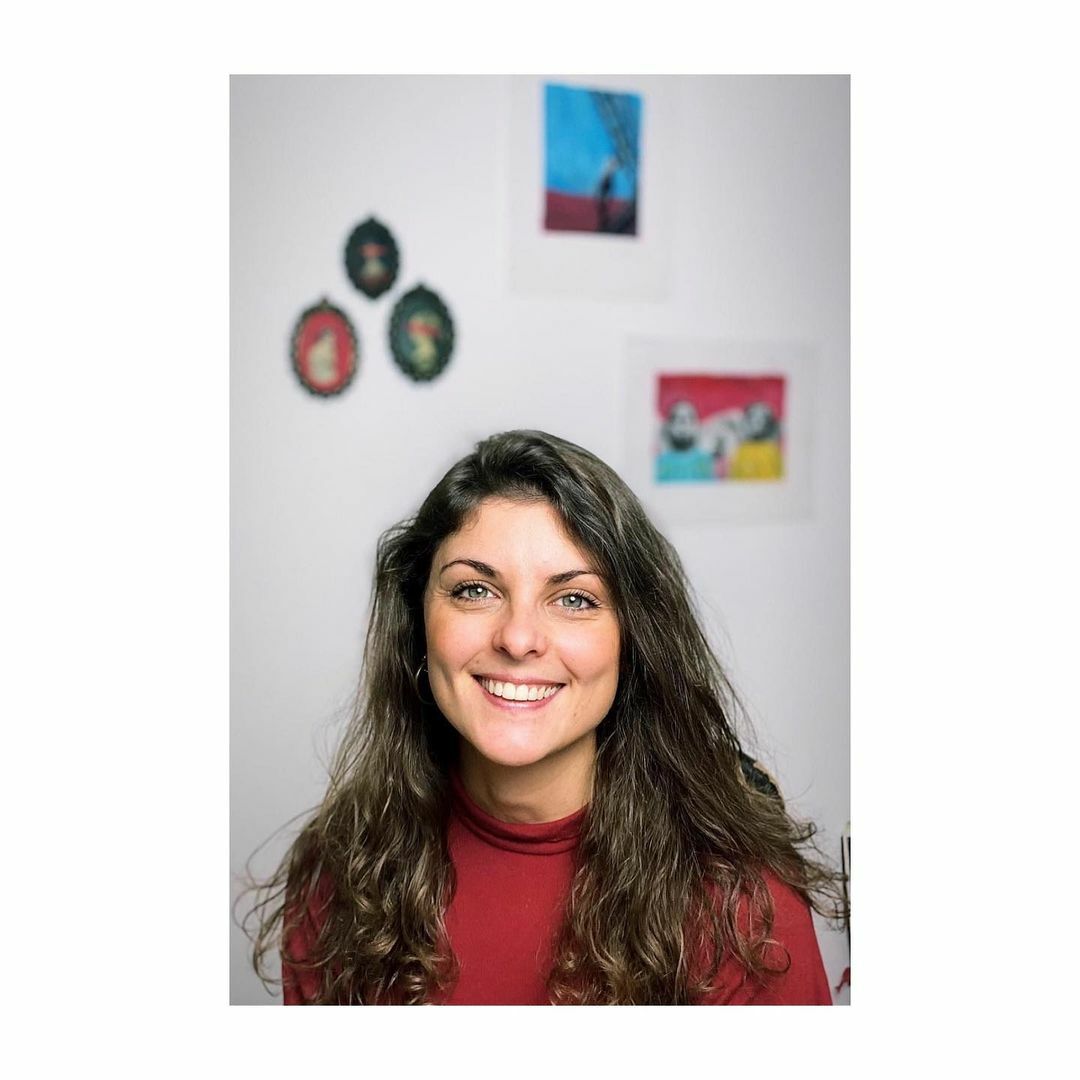
Ludovica Bastianini
Website:
https://ludovicabastianini.tumblr.com/
Social:
https://www.instagram.com/ludovica_bastianini/
Patreon:
https://www.patreon.com/ludovicabastianini
